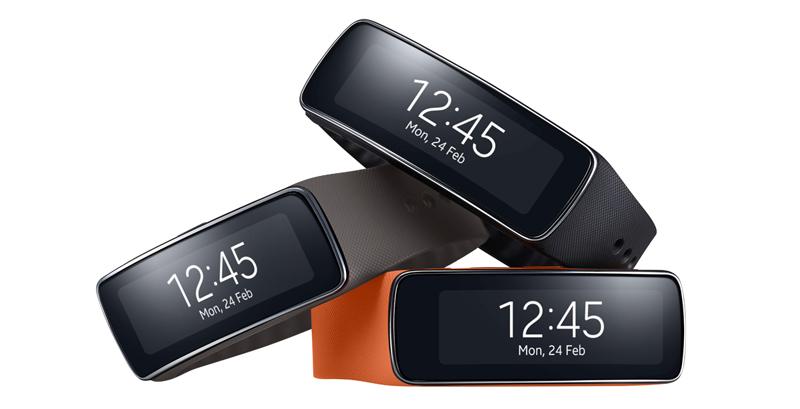
While it might make sense for companies to want to make their products for everyone, to be available to as many people as possible, we know that this is just not the case more often than not. The mobile industry, probably more so than any other industry out there, deals heavily with exclusivities. It isn't just the carriers anymore, either. Manufacturers work hard to make sure that they offer enough to keep you under their thumb, and only their thumb, for as long as you want to use a smartphone (or other mobile device).
This isn't new, but it's certainly evolved quite a bit over the years. It's impressive the way that the companies have worked so hard in making things, devices and services and apps, to try and sway consumers into sticking with just their products. Apple, Microsoft, Google, Samsung, and others have all built their products to work better with their own stuff, and in some cases, work only with their own branded products.
We may have had years to get accustomed to this, but it doesn't make it any easier.
In fact, it may actually get harder, year after year.
Harder? Yes, harder. Why? Because companies are releasing a lot more devices and services and apps that are actually worth having. Sure, there are still some misses out there, but as our technology gets better, our devices get better, and now we're looking at wearables boasting Android Wear, and Samsung's Gear Fit.
When it comes to Android Wear, you'll need an Android device that's running Android 4.3 Jelly Bean or higher if you want to check it out for yourself. This is honestly not at all that surprising, considering the Android roots in the name and all, but considering this is a push from Google itself, I would have expected some kind of iOS support. Maybe it's coming down the pipe, just like we've seen from other Google services, but it still would have been exciting for iOS users to get in on some of that Moto 360 goodness.
And then there is Samsung's Gear Fit. While they announced the Gear 2 and the Gear 2 Neo at the same time, all of my attention was put on the Gear Fit. It's such a cool looking device! And, right after Samsung announced it, I knew in the pit of my stomach that it was going to be a device that was limited in scope right out of the box. And, sure enough, the Gear Fit's compatibility list is pretty small. It'll get bigger in time, I'm sure, but the chances that it supports non Galaxy-branded smartphones (or, more specifically, other Samsung-branded devices) seems pretty small. Almost impossible, even.
I just want this kind of stuff to stop. I have no doubts that we're going to see the same thing from Apple, eventually, if they ever do get around to releasing their own wearable device. I'm sure it'll work with only iOS-based devices. And the Cupertino-based company will get the same negative checkmark as all these other companies in my book.
I know there are reasons why these companies choose to do this. Outside of wanting to make sure that customers keep coming back to their stuff, I mean. Functionality and stability come into mind, and I'm sure it's a lot easier to make sure your stuff works for a few (or fewer) devices, rather than a whole bunch of them, especially across platforms. That makes sense. It doesn't make it any easier to accept, though.
Seeing AT&T, U.S. Cellular, and T-Mobile unveil their Galaxy S5 and wearable pre-order/launch dates, made me realize all over again how badly I want the Gear Fit. Which led me to this question: Would you buy a phone, just to get your hands on some kind of accessory? In this case, are you considering buying the Galaxy S5, just so you can get one of the accessories that'll only work with that particular handset? Let me know!